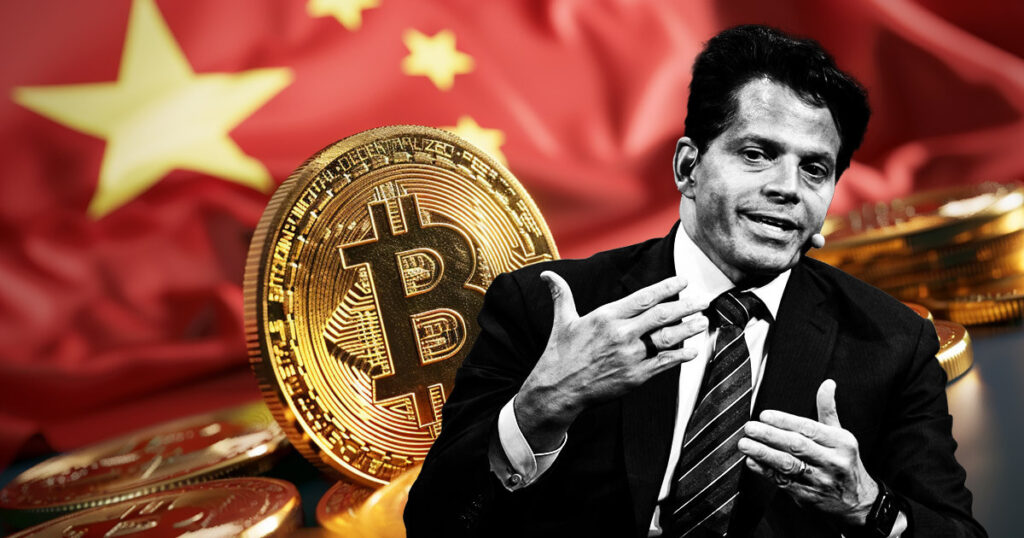Anthony Scaramucci recently made a bold prediction at the Bitcoin MENA 2024 conference, suggesting that China may soon re-enter the Bitcoin mining scene and potentially add Bitcoin to its reserve assets. This projection comes at a time when the United States is signaling a more open attitude towards Bitcoin, which could influence other nations to follow suit. Scaramucci’s comments indicate that geopolitical shifts in Bitcoin policies have the potential to impact how governments view the strategic value of the digital asset.
The idea of strategic Bitcoin reserves is gaining traction globally, with countries like Russia, Brazil, and the United States exploring ways to incorporate Bitcoin into their financial strategies. In Russia, a lawmaker proposed the creation of a national Bitcoin reserve to mitigate sanctions and stabilize the economy. Similarly, Brazil has introduced legislation to allocate a portion of its reserves to Bitcoin, reflecting a trend towards leveraging the digital asset for economic resilience.
In the United States, discussions about formal Bitcoin reserves have been ongoing, with President Donald Trump committing to maintaining existing federal Bitcoin laws and potentially expanding the country’s Bitcoin holdings. Senator Cynthia Lummis has introduced a bill to acquire significant Bitcoin reserves over several years, signaling a strategic approach rather than short-term speculation. Corporations like BlackRock have also shown interest in supporting the concept of a US strategic Bitcoin reserve.
These developments coincide with Bitcoin’s market strength following the 2024 halving and the US presidential election, during which the asset reached new highs. This market performance underscores Bitcoin’s evolving role beyond speculation, with governments viewing it as a long-term strategic asset in global finance. The Bitcoin Policy Institute has advocated for a US strategic Bitcoin reserve, citing potential financial stability benefits and alignment with evolving energy grids.
While proponents of strategic Bitcoin reserves highlight the asset’s potential as a hedge against inflation and a tool for circumventing economic sanctions, skeptics raise concerns about volatility and wealth redistribution. Nevertheless, the growing institutional involvement in Bitcoin and the interest from governments in integrating it into their asset portfolios suggest a shifting landscape in digital finance.
Scaramucci’s suggestion that China may soon re-enter the Bitcoin scene underscores the expanding acceptance of Bitcoin in national financial systems. With the US embracing Bitcoin and other countries exploring reserves, the possibility of China adding Bitcoin to its reserves could reshape geopolitical dynamics in the digital finance space.

